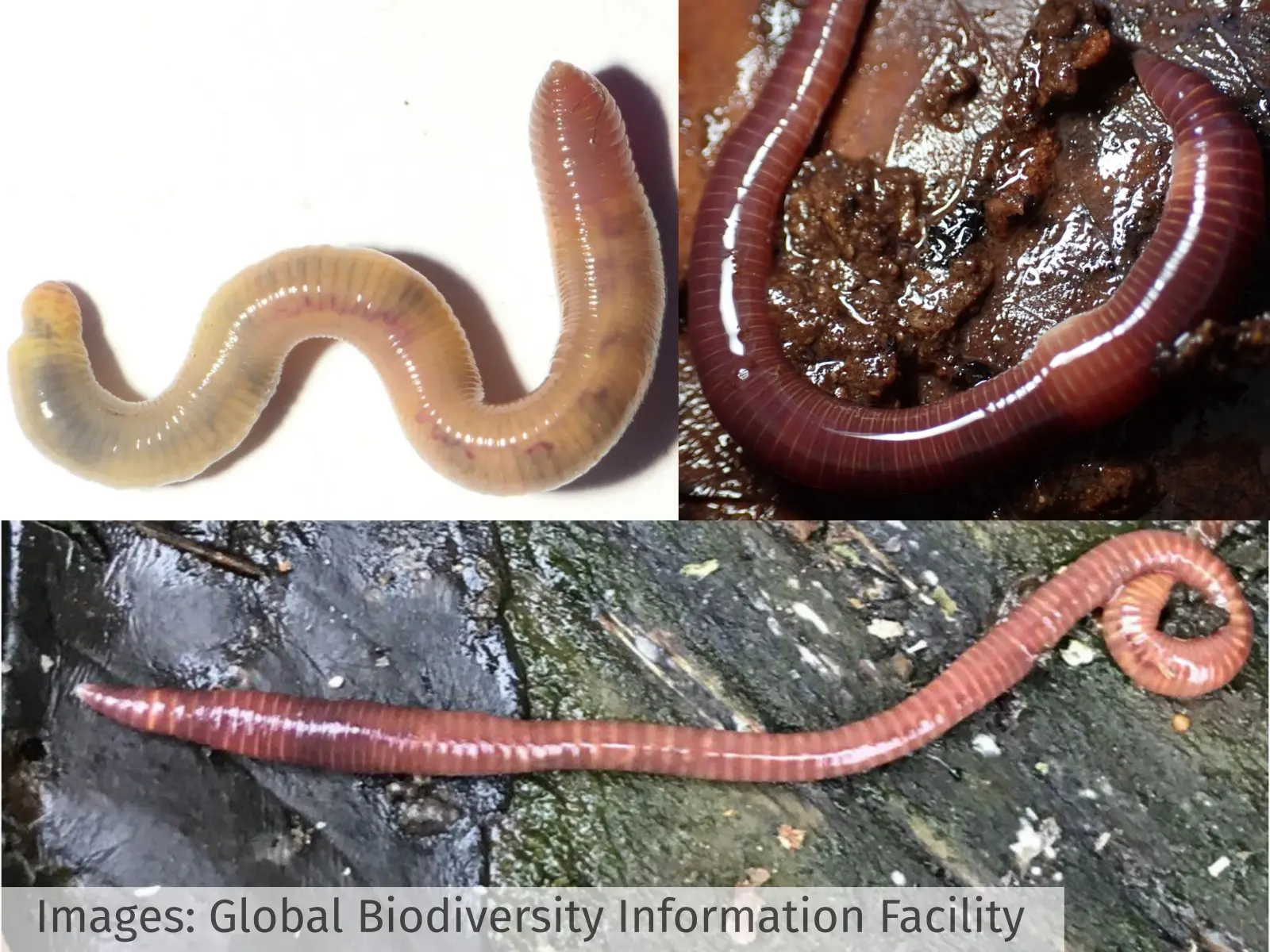PhD Position in Deep Learning for Biodiversity Monitoring: Custom Imaging Platform and Deep Learning to Classify and Phenotype Earthworms

Open PhD Position
Please also see the official posting. Deadline: 30 September 2023.
Project Summary
This exciting PhD opportunity aims at developing novel imaging methods and deep learning algorithms to describe and classify earthworms. Although cryptic, earthworms have considerable ecological importance, and this original approach will help understand and protect them. It is the first part of a larger 5-year project that uses novel technologies (imaging, acoustics, deep learning, remote sensing, etc) to monitor and understand earthworms better.
Project Description
Context
Our food system ultimately rests on soils, which we are losing at an alarming rate. To counteract this trend, we need to transition from an extractive to a restorative and circular agriculture. This change of paradigm must come together with more research on the organisms, such as decomposers, that enact circularity – which have so far been severely understudied. Amongst these earthworms, with their unmatched ubiquity and biomass, are pivotal actors. However, these animals live below ground, making their study a methodological challenge: they are very difficult to observe and monitor. However, recent technological developments in remote sensing and deep learning represent an unprecedented opportunity to shed new light on these cryptic actors of circularity.
Outcomes
The successful applicant will create design a new acquisition platform to create a large dataset of standardized earthworm images. Based on these images, the PhD candidate will develop novel deep learning algorithms to model the “grammar of earthworm segments” and automatically classify earthworm species. In addition, this algorithm will explain the anatomy and texture of earthworms to reveal more cryptic traits and eventually study the important variables that affect earthworm diversity, anatomy and development. The prototype imaging and classification tools created during this project may transform the way we survey earthworms, towards a large amount of consistent data, and altogether, greatly facilitate our understanding of these animals as well as our conservation efforts.
Research Group
The successful student will be integrated the growing Digital Approaches for Resilient and Sustainable Agriculture (DARSA) group, started in 2022, at the Center for Quantitative Genetics and Genomics (QGG). Both the group and the centre are inclusive and multidisciplinary environments with a range of local and international collaborations. The research takes place at Aarhus University, a world-leading institution located in a vibrant city.
Applicant’s Profile and Eligibility
We believe that diversity makes us better at tackling complex problems. Therefore, we strongly support applicants with a diverse background and are committed to promote inclusion and equity.
Overall, we expect the applicant to:
- Hold a Master’s degree in data science, mathematics, physics, engineering or another quantitative field
- Be at least familiar with hardware design, deep learning, image processing
- Have strong software and/or hardware engineering skills (in particular, experience working with scientific languages (e.g.
Python) and packages (e.g.Pytorch,Tensorflow,Scikit-learn,Numpy,PandasandOpenCV) - Have a strong interest in biodiversity (in particular invertebrates)
- Be fluent in English (written and spoken)
- Demonstrate advanced collaborative and interpersonal skills
Supervision
Our primary goal is for our students to succeed by helping them to develop and achieve their career goals. As such, we support and help students in taking the project in their own direction, within the original scope, and encourage flexibility as well as new viewpoints as the project moves forward. The successful applicant should expect a weekly meeting with Quentin Geissmann, their direct supervisor. Students are encouraged to collaborate within and outside of the group, and will be given (funded) opportunities to present their research at international conferences. We also consider it the supervisor’s role to ensure students feel safe and included in their work environment.
Location and Facilities
The research takes place in the QGG at Aarhus University (AU). AU is a world-class university (the largest in Denmark), with outstanding opportunities for collaboration on this particular project. For this project, we have access to various High-Performance Computing platforms and workstations, including GPUs. In addition to these computational resources, we have a workshop suitable to prototype hardware (cameras, edge computing, …) in-house, and have access to larger infrastructure through our collaborations with the engineering department. Aarhus itself is a vibrant city with an active cultural life, a dynamic student community and a very high standard of living.
Administrative Considerations
Timeline
The application deadline is September 31th 2022. The expected start date is January 1st, 2024, but this is somewhat flexible (as it may depend on personal situations, getting a visa, etc). The total duration of the PhD is three years.
Stipend
The PhD salaries are set at the university level and defined in this table – the exact numbers depend on previous post-graduate work experience, and the taxation system is somewhat complicated, but expect to have a net salary of approximately 18,000 DKK (≈2,400 Euro) per month. Overall, Denmark is one of the countries where students earn the most.
How to Apply
In order to ensure a fair assessment of all applicants, the graduate school implements an official procedure. Please refer to the formal offer on the university’s website, which will direct you to an online form.
Questions
Meanwhile, do not hesitate to contact us if you have questions, or want to discuss your interest, ideas… When doing so, please enclose a CV and a brief description of your motivation.